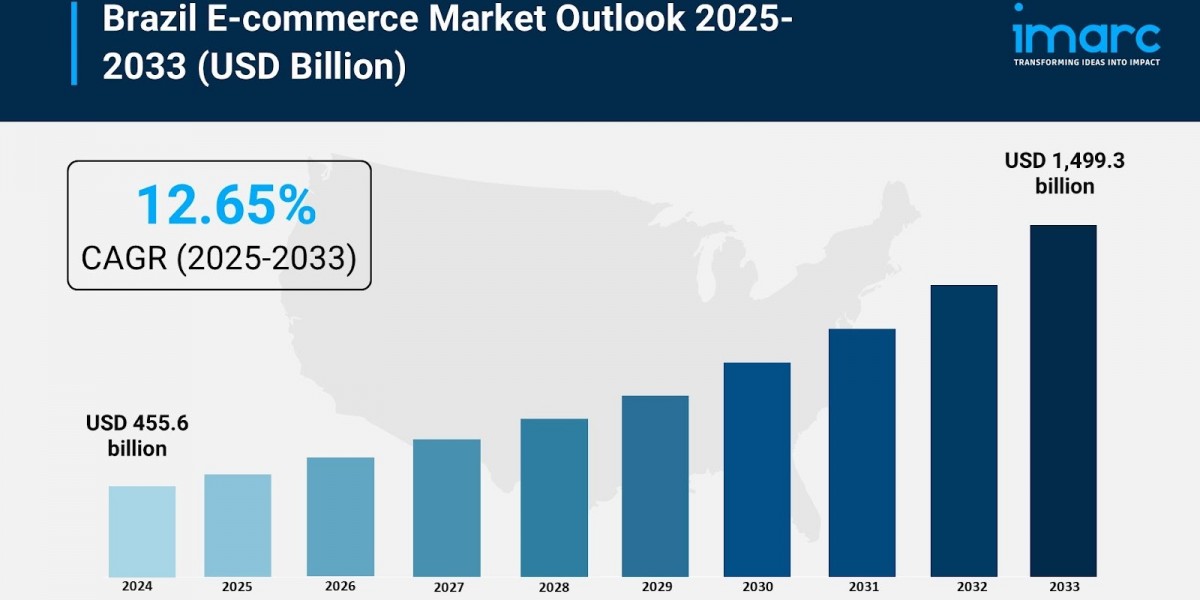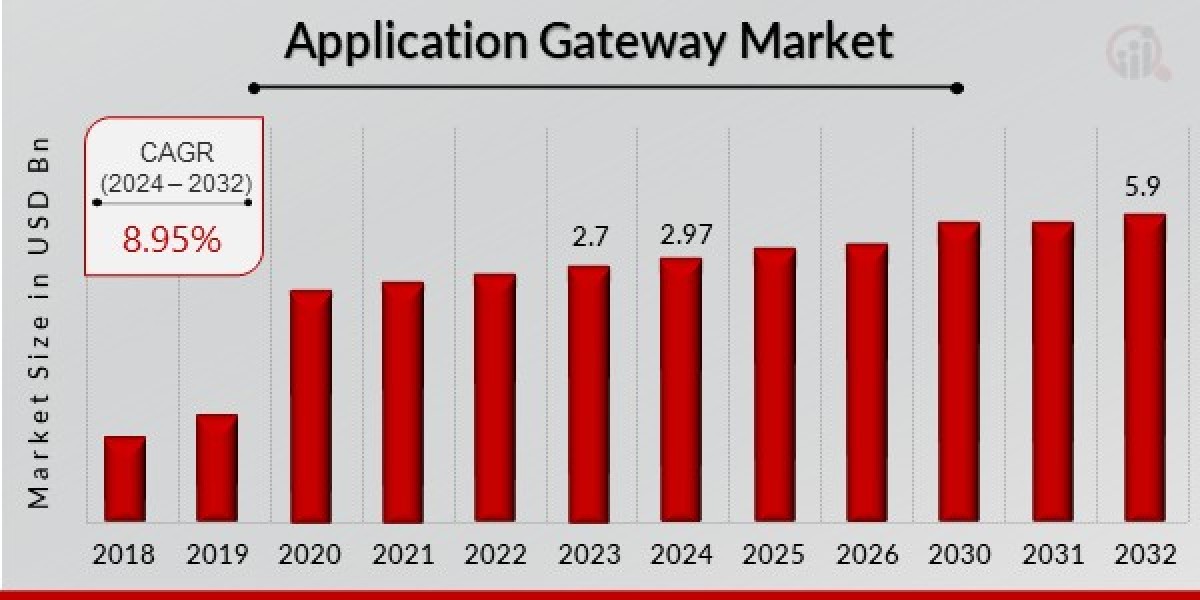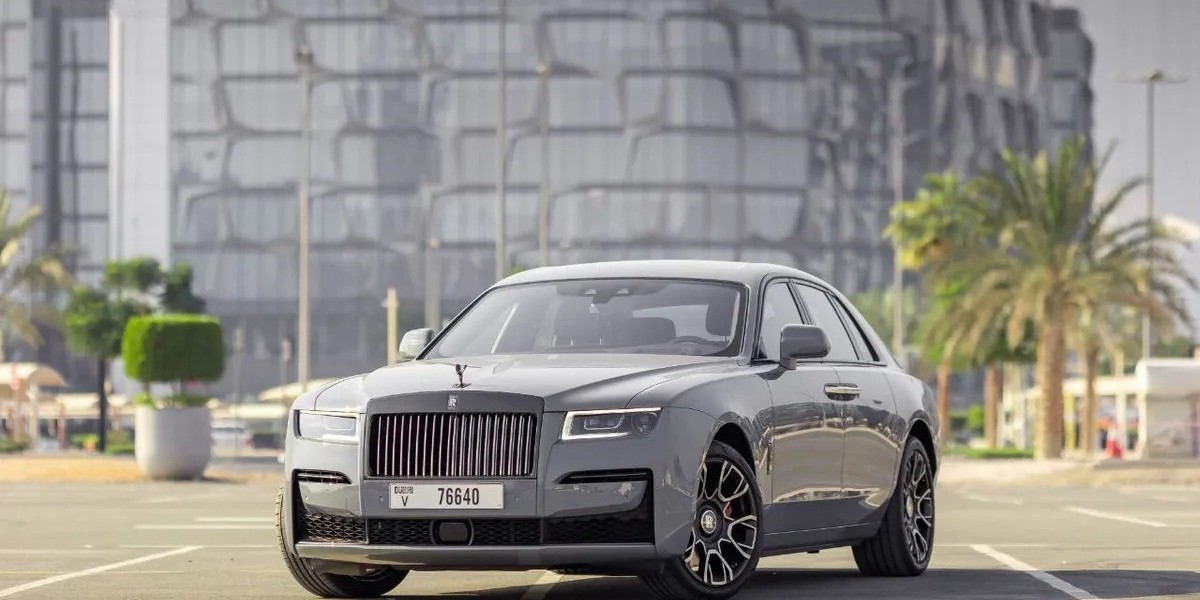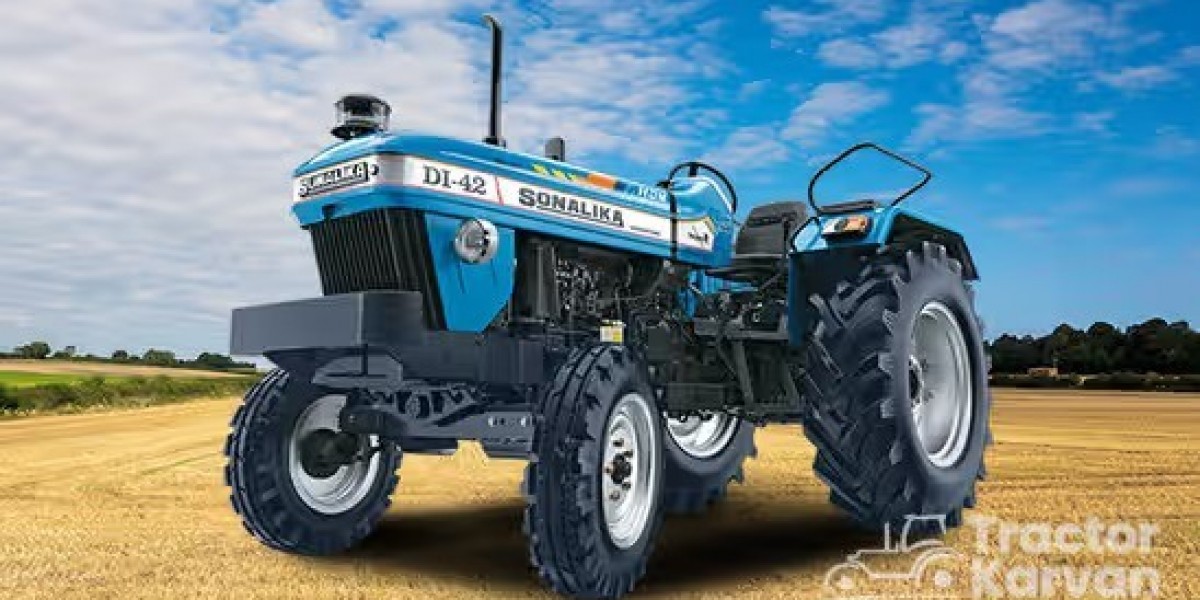Market Overview
The Brazil e-commerce market reached a size of USD 513.3 Billion in 2025 and is projected to grow to USD 1,501.8 Billion by 2034. The forecast period from 2026 to 2034 anticipates a robust CAGR of 12.67%, driven by rising Internet penetration, expanding middle-class population, advancements in digital payment systems, preference for online shopping, and increased mobile commerce adoption.
Study Assumption Years
- Base Year: 2025
- Historical Year/Period: 2020-2025
- Forecast Year/Period: 2026-2034
Brazil E-commerce Market Key Takeaways
- Current Market Size in 2025: USD 513.3 Billion
- CAGR (2026-2034): 12.67%
- Forecast Period: 2026-2034
- The market growth is driven by increasing Internet and smartphone usage and a rising middle class with disposable incomes.
- The COVID-19 pandemic accelerated the adoption of online shopping, pushing traditional retailers to establish online platforms.
- Key market trends include mobile commerce growth, social commerce via platforms like WhatsApp and Instagram, and personalized shopping experiences.
- Challenges include high taxation, complex logistics due to Brazil's vast geography, cybersecurity concerns, and regulatory hurdles.
- Opportunities arise from increasing digital payment adoption, expanding middle-class population, and innovative logistics solutions.
Sample Request Link: https://www.imarcgroup.com/Brazil-E-commerce-Market/requestsample
Brazil E-commerce Market Growth Factors
The e-commerce market in Brazil grows in part because the internet increasingly penetrates and smartphones penetrate. In January 2024, 187.9 million people were using the internet within Brazil, a penetration rate of 86.6%. There were 210.3 million cellular mobile connections for a 96.6% penetration rate. This growth was driven by increased mobile and fixed network speeds improving the user experience. As a result, more consumers are inclined to use online shopping platforms.
Digital payments are a major part of Brazil's economy. The country's instant payment system Pix, created in 2020 by the Central Bank of Brazil, accounted for 30% of all e-commerce payments by 2024, with no fees charged to users. Adopted by roughly three-quarters of the population, Pix lowers time spent in checkout lines and decreases cart abandonment. The Central Bank began initiatives, and Brazilian Fintech companies have included millions of previously unbanked Brazilians financially, pulling them into the digital economy, and expanding the consumer market.
After the COVID-19 pandemic, consumers preferred online grocery shopping more, with supermarkets expanding their e-commerce businesses for safe and convenient shopping. H&M announced plans to open physical stores and e-commerce in Brazil from 2025 in the main cities in the southeast of the country. The expansion of social commerce on messaging applications such as WhatsApp and Instagram, and on social networks such as Instagram, TikTok and YouTube through live shopping, along with public sector initiatives to improve digital infrastructure and logistics, have also fostered the growth of e-commerce in Brazil.
Brazil E-commerce Market Segmentation
Breakup by Type:
- B2C E-Commerce
- Beauty and Personal Care
- Consumer Electronics
- Fashion and Apparel
- Food and Beverage
- Furniture and Home
- Others
- B2B E-Commerce
Breakup by Region:
- Southeast
- South
- Northeast
- North
- Central-West
Regional Insights
The Southeast region is the dominant market segment in Brazil's e-commerce industry. Its growth is fueled by high urbanization, superior internet infrastructure, and greater disposable incomes. Major urban centers such as São Paulo and Rio de Janeiro serve as economic and technological hubs. The region benefits from enhanced logistics and a strong presence of retail outlets, making it a critical contributor to Brazil’s e-commerce market expansion.
Recent Developments & News
- In June 2024, the marketplace marketing agency Podean launched operations in Brazil after gaining traction in Mexico. That same month, cross-border e-commerce platform Temu by Pinduodó was officially introduced in Brazil, offering a broad product range at competitive prices.
- In March 2024, MercadoLibre announced a record investment of 23 billion reais (USD 4.6 billion), a 21.1% increase from 2023, focused on logistics, technology, fintech, and advertising in Brazil. New distribution centers are planned in Pernambuco, and Brazil continues to be MercadoLibre’s top market, contributing over half its revenue.
Key Players
- Amazon.com Inc.
- Apple Inc.
- KaBuM! (Magazine Luiza S.A.)
- MadeiraMadeira Comércio Eletrônico S/A
- Magazine Luíza S.A.
- Shopee Pte. Ltd. (Sea Limited)
- MercadoLibre
- B2W Digital (Americanas)
- Via Varejo
If you require any specific information that is not covered currently within the scope of the report, we will provide the same as a part of the customization.
About Us
IMARC Group is a global management consulting firm that helps the world’s most ambitious changemakers to create a lasting impact. The company provide a comprehensive suite of market entry and expansion services. IMARC offerings include thorough market assessment, feasibility studies, company incorporation assistance, factory setup support, regulatory approvals and licensing navigation, branding, marketing and sales strategies, competitive landscape and benchmarking analyses, pricing and cost research, and procurement research.
Contact Us
IMARC Group,
134 N 4th St. Brooklyn, NY 11249, USA
Email: sales@imarcgroup.com
Tel No: (D) +91 120 433 0800
United States: +1-201971-6302








